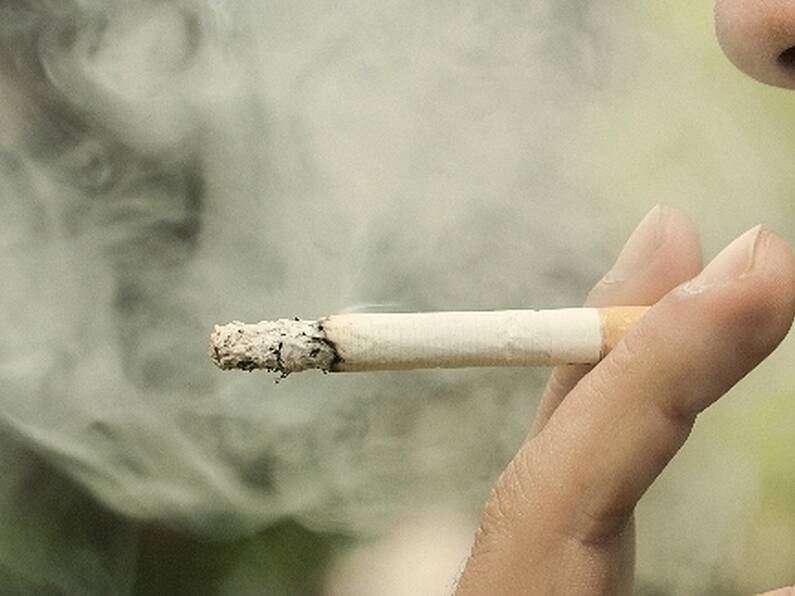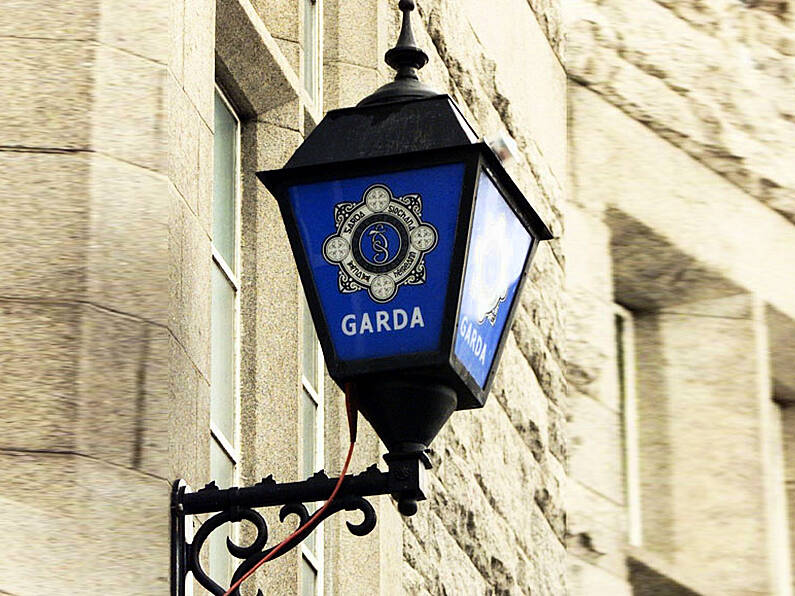The HSE is calling on people who smoke to quit, in order to reduce their risk of experiencing a severe coronavirus infection.
Health officials have said that research shows smoking to be a risk factor for coronavirus infection, while studies also show that smoking increases the risk of acute respiratory infections like flu and a coronavirus infection may be more severe in those who smoke.
The HSE is calling smokers to take on its 28-day no smoking #LastStop challenge this October, as people who stop smoking for 28 days are five times more likely to quit permanently.
Cigarette smoke damages the natural barriers in your airways and lungs to infections, dampens down your immunity and affects your breathing and circulation in a way that makes you vulnerable to severe illness and complications of infection.
Dr Paul Kavanagh, HSE Public Health Medicine Specialist, explained the ways in which smoking heightens the risks of Covid-19.
“Smoking increases your risk of acute respiratory infections like Covid-19 in a number of ways. Smoking with other people, sharing cigarettes and touching your face and mouth help spread infections,” he said.
“Cigarette smoke damages the natural barriers in your airways and lungs to infections, dampens down your immunity and affects your breathing and circulation in a way that makes you vulnerable to severe illness and complications of infection.”
Death
The doctor said that current evidence points to smoking as a key factor leading to increased severity of disease and death in hospitalised Covid-19 patients.
“This is in addition to the already well-established and significant health risks of smoking,” he said.
“There is always good reason for people who smoke to quit, but there is no doubt that Covid-19 means this is now more important than ever... The improvements to your health when you quit smoking begin immediately.”
I found during Covid-19, it was a good time to do it, I’m not out and about as much due to restrictions, you don’t have the normal social pressures.
Dr Kavanagh said that within one to two days of quitting smoking, oxygen levels in a person’s body will improve, while blood pressure and pulse reduces and decreases stress. Immune cells that fight infection also “bounce back”.
Michelle O’Donnell from Donegal stopped smoking after 36 years during the pandemic, after trying to quit several times before.
“I had used the HSE’s Quitline Service before and I decided to try again. I one hundred per cent would not have been able to do it without them,” she said.
“It was like having a best friend supporting me for the first four weeks of stopping smoking. As well as speaking to someone on the phone every week, I signed up for the daily texts and emails and these really helped keep my motivation up.
“I found during Covid-19, it was a good time to do it, I’m not out and about as much due to restrictions, you don’t have the normal social pressures.”
The HSE’s Quit Service provides free and personalised support for smokers by phone, email, SMS and live chat.






